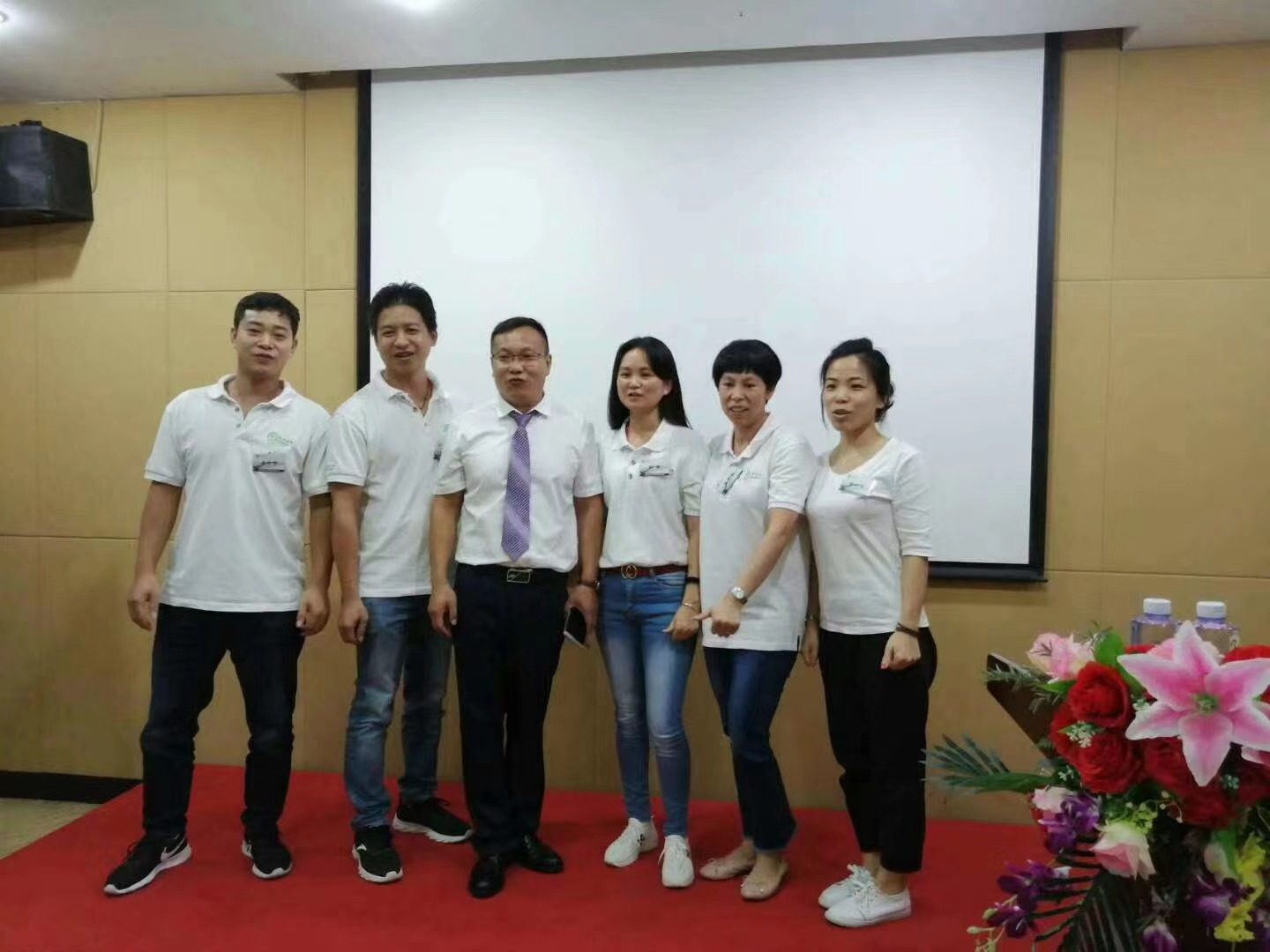The manufacturing industry in Thailand has seen remarkable growth over the years, becoming a significant player in the Southeast Asian region. One of the critical components of this industry is the use of mould bases. Mould bases serve as the foundation for various manufacturing processes, particularly in creating plastic parts and metal components. This article dives deep into mould base applications, their importance, and their role in Thailand’s manufacturing landscape.
What is a Mould Base?
A mould base is a supporting structure used in injection moulding and die casting processes. It contains the mould components, which shape the material being processed into the desired form. A mould base typically includes plates, guides, and components that ensure proper alignment, durability, and ease of operation.
The Importance of Mould Bases in Manufacturing
Mould bases play a critical role in manufacturing for several reasons:
- Precision: Mould bases are designed to provide accurate dimensions and high tolerances, ensuring that the final product meets specifications.
- Support: They provide the necessary support for moulds during the injection or casting process.
- Durability: High-quality mould bases are built to withstand significant mechanical stresses, leading to increased life spans.
- Efficiency: Mould bases facilitate faster production cycles, reducing downtime and enhancing overall productivity.
Applications of Mould Bases in Thailand
In Thailand’s diverse manufacturing sector, mould bases find application in various industries:
1. Automotive Industry
The automotive industry is one of the largest consumers of mould bases in Thailand. Mould bases are used to produce various plastic parts like dashboards, bumpers, and interior components, as well as metal components for engines and frames. Using advanced mould base technology enhances the durability and quality of automotive products.
2. Electronics Sector
With Thailand being a hub for electronic manufacturing, mould bases are vital in producing casings, connectors, and other electronic components. They ensure that intricate designs and precise dimensions are achieved, which is crucial for the functionality of electronic devices.
3. Consumer Goods
From packaging solutions to household items, mould bases are essential in producing various consumer goods. The use of mould bases allows for the mass production of items like containers, toys, and appliances, strengthening the supply chain for retailers in Thailand.
Types of Mould Bases Used in Thailand
Several types of mould bases are employed in the manufacturing processes across Thailand:
1. Standard Mould Bases
Standard mould bases are pre-engineered designs that can be used for a wide range of applications. They are cost-effective and readily available, making them a popular choice among manufacturers.
2. Custom Mould Bases
For more specific requirements, custom mould bases are designed to meet particular needs. While more expensive, they provide manufacturers with tailored solutions that enhance production efficiency.
3. Multi-Cavity Mould Bases
Multi-cavity mould bases allow for the production of multiple parts in a single cycle. This not only speeds up production but also offers significant cost savings, as manufacturers can produce more items at once.
Challenges in Mould Base Manufacturing
Despite their importance, several challenges exist within the mould base manufacturing sector in Thailand:
- Cost Management: The cost of high-quality raw materials used in mould bases can be high, leading to increased production costs.
- Technological Advancements: Keeping up with the latest technological advancements can be a challenge for manufacturers, requiring continuous investment.
- Skilled Labor: There is a need for skilled labor to operate advanced machinery and create precision mould bases.
The Future of Mould Bases in Thailand's Manufacturing Industry
As Thailand continues to position itself as a leading manufacturing hub, the demand for mould bases is expected to rise. Emerging technologies such as 3D printing and automation are set to revolutionize the mould base industry. This evolution promises higher efficiency, reduced production times, and even greater customization possibilities.
Conclusion
In conclusion, mould bases are an integral part of Thailand’s manufacturing industry, with widespread applications across various sectors. Their importance in ensuring precision, support, durability, and efficiency cannot be overstated. As challenges persist, adapting to technological advancements will be crucial in maintaining competitiveness in this sector. The future looks promising for mould bases as they evolve to meet the ever-increasing demands of the manufacturing landscape in Thailand.

